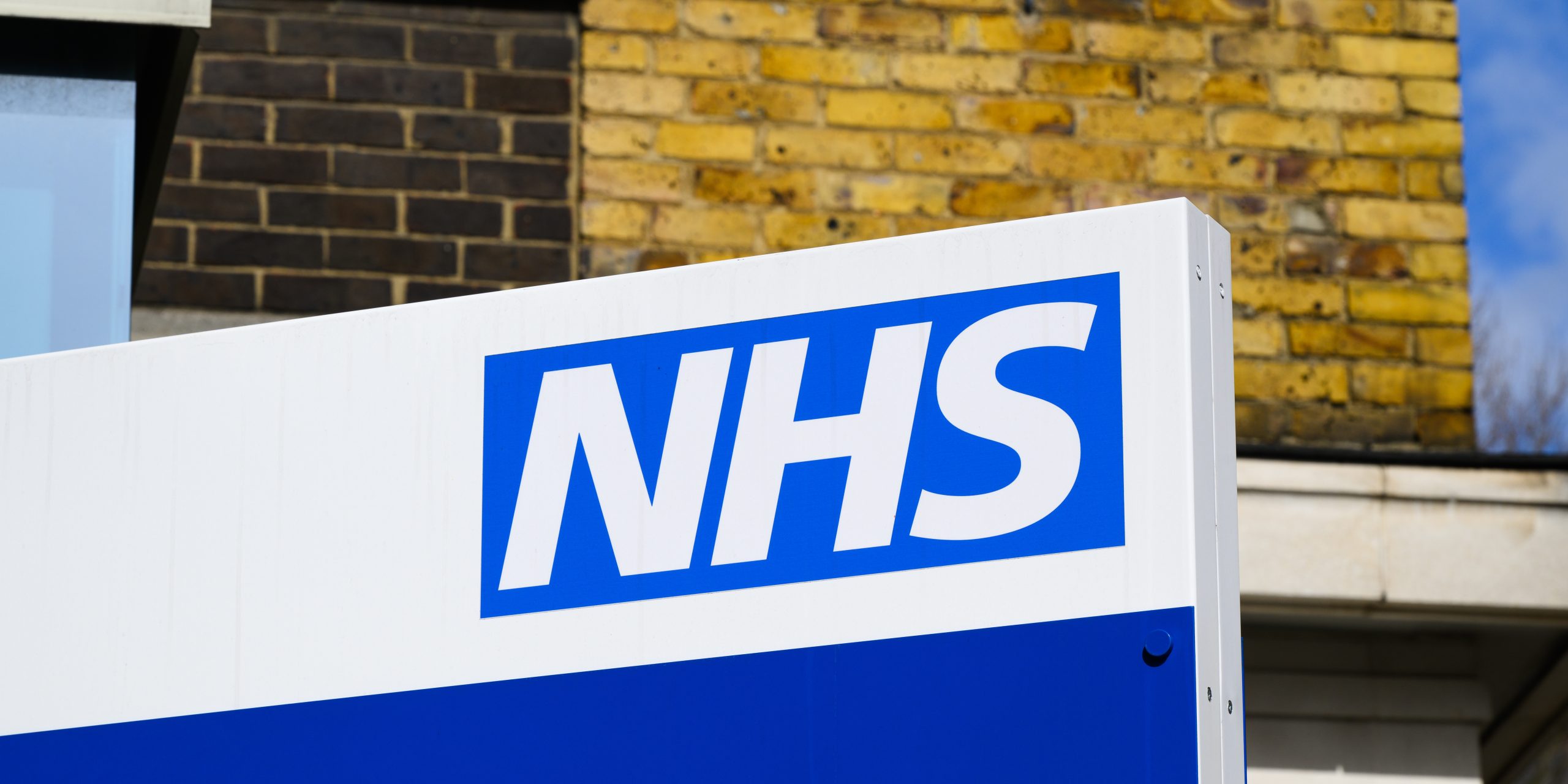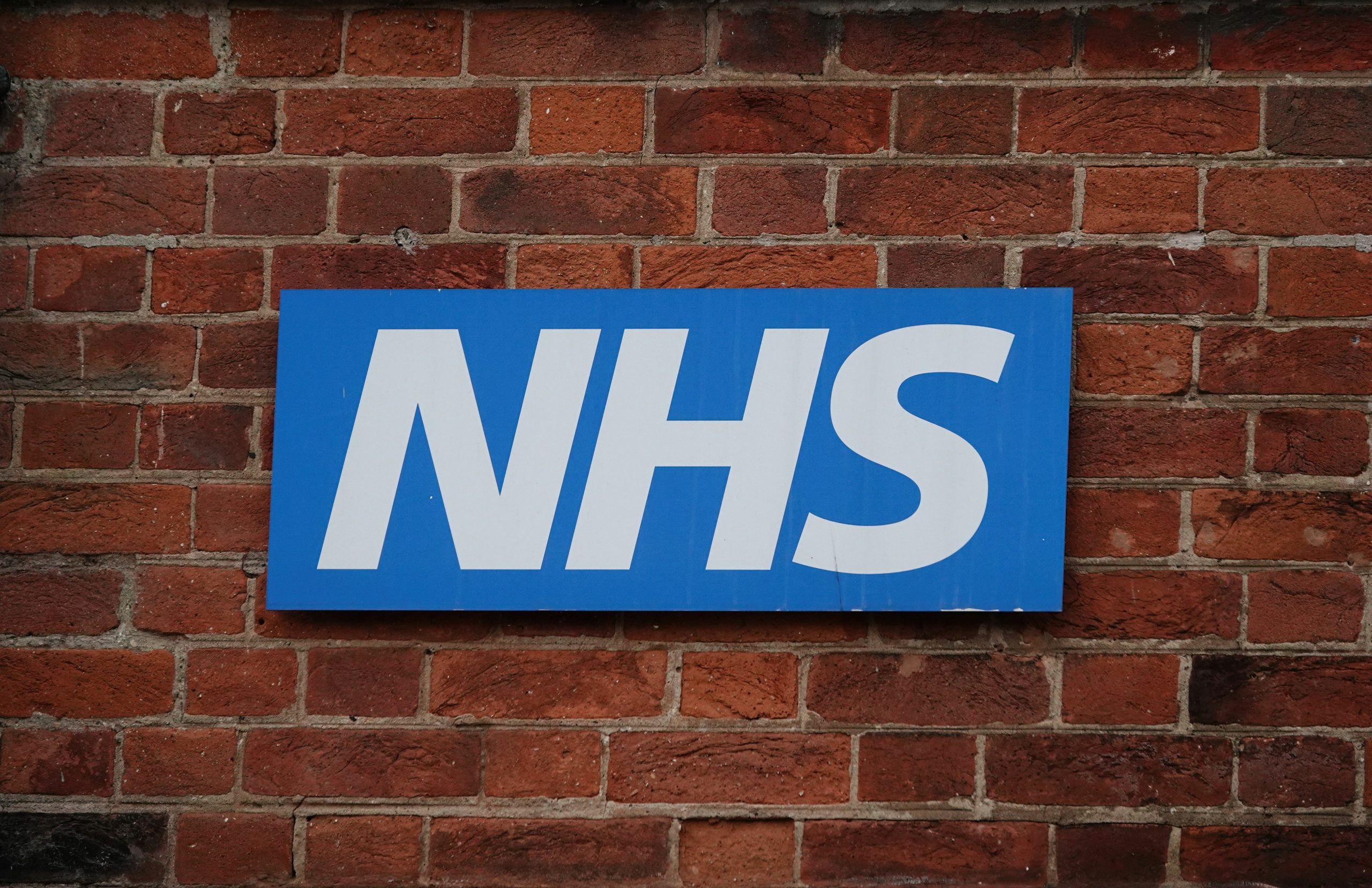Government Confirm Delivery of all New Hospital Programme Schemes

The government has confirmed funding and a timetable for the new hospital programme, so that all projects will be built.
Their commitment to deliver ‘40 new hospitals’ by 2030 was under review as it was “behind schedule, unfunded, and undeliverable”.
The realistic timetable will ensure that staff and patients will have access to the all the facilities that they need around the country, as soon as possible.
Quoted in the GOV.UK press release, Wes Streeting, Health and Social Care Secretary, said:
The New Hospital Programme we inherited was unfunded and undeliverable. Not a single new hospital was built in the past five years, and there was no credible funding plan to build forty in the next five years.
When I walked into the Department of Health and Social Care, I was told that the funding for the New Hospitals Programme runs out in March. We were determined to put the programme on a firm footing, so we can build the new hospitals our NHS needs.
Today we are setting out an honest, funded, and deliverable programme to rebuild our NHS.
The previous new hospital scheme was called ‘unachievable’
The Infrastructure Projects Authority’s (IPA) annual report, published last week, also stated that the previous hospital scheme was ‘unachievable’, rating the programme as red and highlighting major issues such as the budget and the schedule.
Last week, an independent IPA review upgraded the New Hospitals Programme from red to an amber rating because of the action taken to improve deliverability.
In May 2023, the previous government announced that the programme was backed by over £20 billion of investment, but this funding was never delivered. The current government is committed to rebuilding the NHS and restoring trust in government. The new plan, which is both affordable and honest, will be backed with £15 billion of new investment over consecutive five-year waves, averaging £3 billion a year – source.
The government’s Plan for Change to help the NHS
In their plan to get the health service back on its feet – the investment into building an NHS estate that it fit for the future is part of the government’s Plan for Change.
According to the GOV.UK website, the Chancellor announced at the Budget, that health capital spending in the NHS is set to increase to record levels of £13.6 billion in 2025-26.
Also, as Professor Lord Darzi (Surgeon, and Former Health Minister) found in his review, ‘the NHS starved of capital in the last decade, with £37 billion under-investment over the 2010s, leaving some hospitals with roofs that have fallen in, and leaking pipes which freeze over in winter.’
The government outlined that the remaining schemes will be allocated to one of three wave groups:
- Schemes in Wave 1 are expected to begin construction between 2025 and 2030. These schemes include hospitals constructed primarily using RAAC, and have been prioritised as patient and staff safety is paramount.
- Schemes in Waves 2 are expected to begin construction between 2030 and 2035.
- Schemes in Wave 3 are expected to begin construction between 2035 and 2039
The New Hospital Programme will continue to work with industry to help ‘…develop relationships, support construction and secure the investment with the supply chain.’
In the same press release, Morag Stuart, Chief Programme Officer for the New Hospital Programme, said:
This announcement by the Department of Health and Social Care provides certainty on the next steps for the New Hospital Programme.
We will continue to work with local NHS organisations to deliver improvements to hospitals across England, including making best use of new technology and improving layouts – and ensuring future hospitals are designed to meet the needs of patients and staff.
This programme is just one element of the wider commitment from the Government to transforming the NHS. It is stated that more than £1 billion has been set aside for repairs and upgrades, to make inroads into the existing backlog of critical maintenance, as well as £102 million that will be dedicated to upgrades for GP surgeries across England.
For more info, click here.

